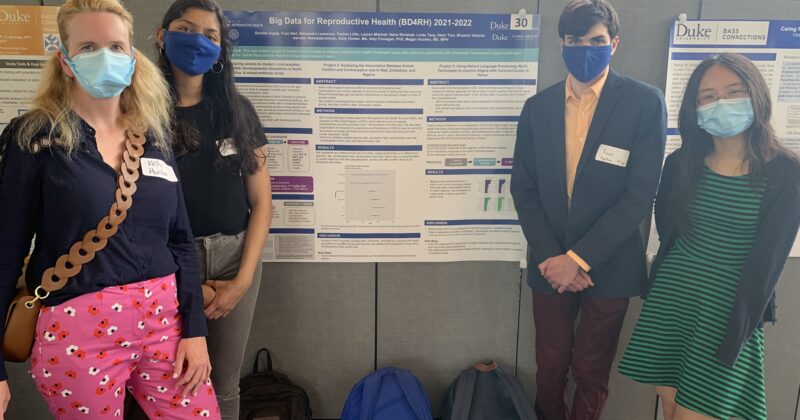
Faculty Spotlight: An Interview with Dr. Jonas Swartz
Jonas Swartz, MD, MPH is an OB/GYN and an Assistant Professor of Obstetrics and Gynecology. He completed his undergrad at Duke University and then his MPH and MD at the University of North Carolina at Chapel Hill. He completed his residency in Obstetrics and Gynecology at the Oregon Health and Science University, followed with a fellowship in Complex Family Planning back at UNC. I had a conversation with Dr. Swartz to understand more about how he became involved in health policy and reproductive health access. “Well, I grew up in North Carolina and did Medical School here, and one of the striking things when I was a medical student was the discrepancy in care during pregnancy for people who were citizens versus non-citizens. And, in particular, thinking about low-income people who use Medicaid.” Swartz described his early medical training and becoming acquainted with the Federal Emergency Medicaid program, which only pays for labor and delivery services for authorized immigrants. He noted that...





